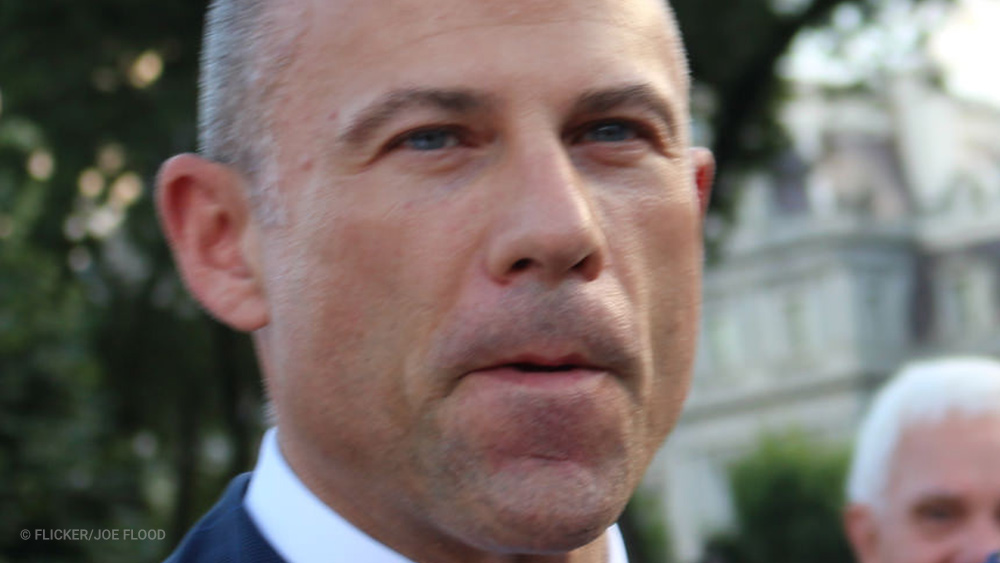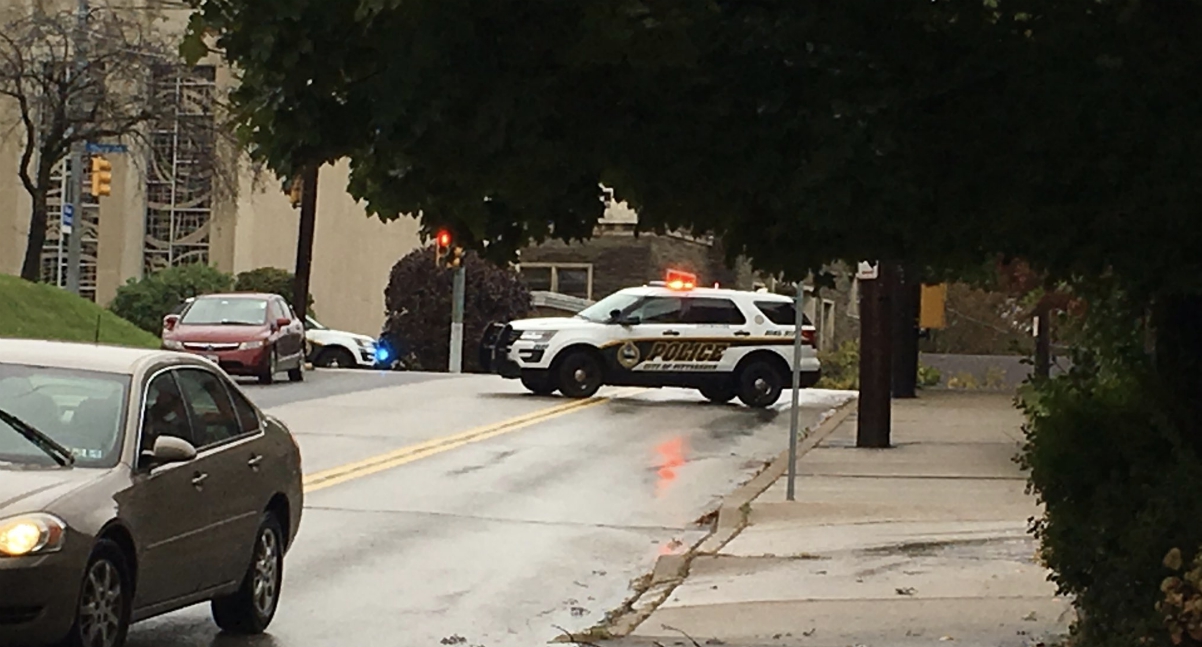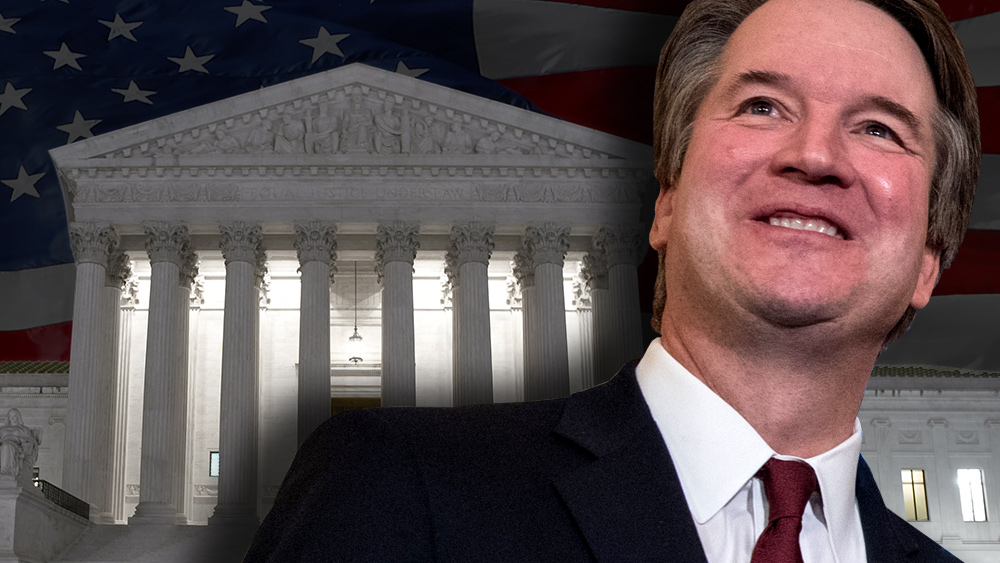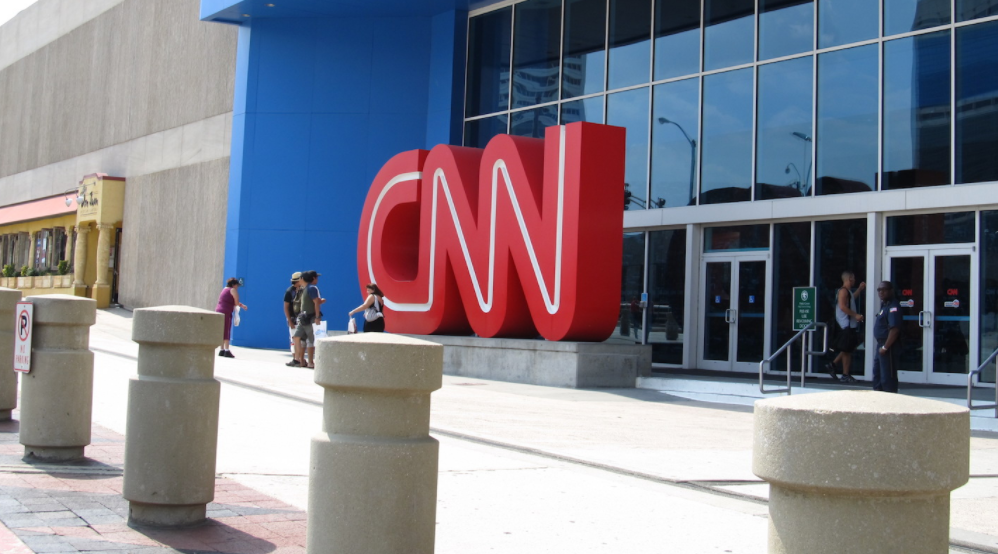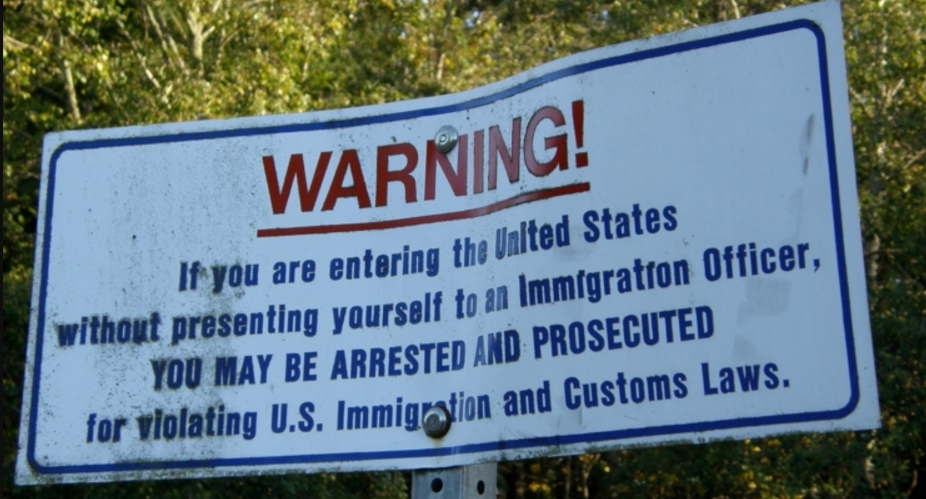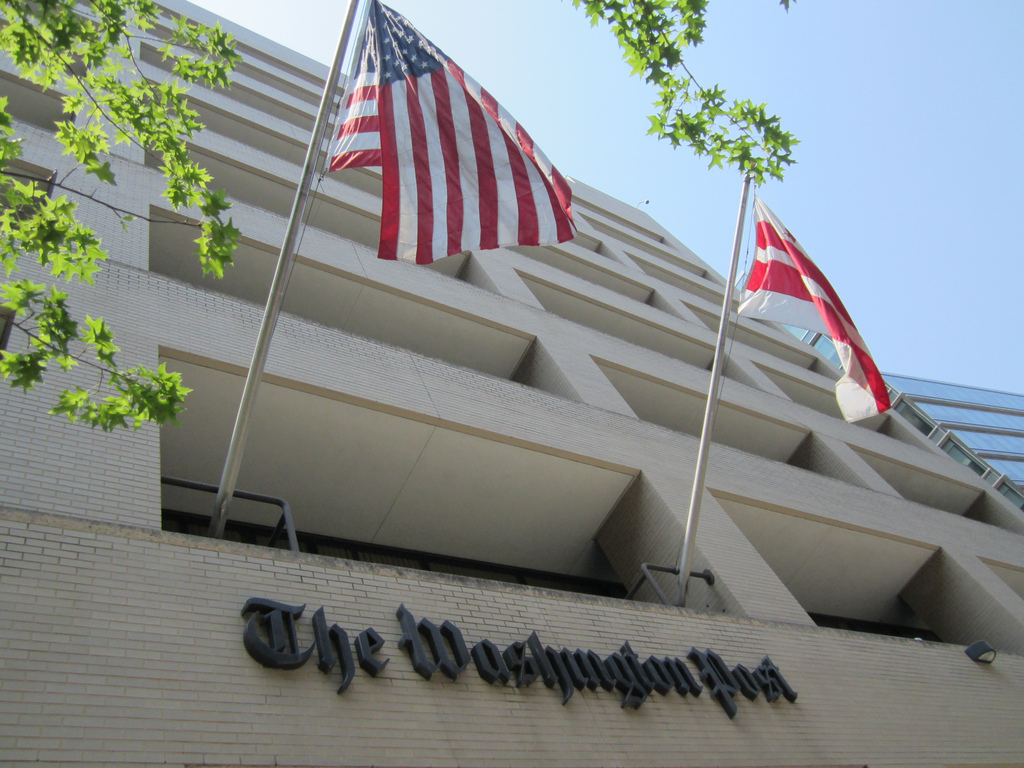Syrian refugee taking Facebook to court over “fake news” photo that went viral
02/10/2017 / By Jayson Veley

In 2015, a Syrian refugee by the name of Anas Modamani took a selfie with German Chancellor Angela Merkel. Since then, the photo spread across social media sites like Facebook in posts that frequently, but falsely, suggested that he was a terrorist. Modamani is now taking Facebook to court.
Modamani claims that the spread of the photo has resulted in unwanted attention, with people even publicly accusing him of being involved in the Brussels bombing in March of 2016 and the rogue truck attack in Berlin last December, which claimed the life of twelve innocent people and injured 48 others.
In a recent interview, Modamani told CNN that all of the drama began not long after the Brussels bombing, when a friend showed him a Facebook post that blamed Syrian refugees for the attack. Included in the post, much to his surprise, was his selfie.
“I saw my picture posted… but of course, this was not me!” Modamani told CNN. “I thought immediately: what does this mean? What about my future? This is really no joke now. This is serious.”
After trying, but ultimately failing, to handle the situation on his own by utilizing Facebook’s flagging feature, Modamani turned to German lawyer Chan-jo Jun to help him file the injunction. In a video on Jun’s law office’s Facebook page, Jun states, “Facebook is unusually difficult about implementing German law,” adding “Slander and abusive insults are against German law, but not against its community standards.”
Now, for the first time ever, Facebook has officially been summoned to court in Germany.
In a statement, Facebook claimed that the trial was “unnecessary,” adding that the lawsuit was not the “most effective way to resolve the situation.”
“We are committed to meeting our obligations under German law in relation to content which is shared by people on our platform,” the social media giant said, according to CNN. “We have already quickly disabled access to content that has been accurately reported to us by Modamani’s legal representatives, so we do not believe that legal action here is necessary or that it is the most effective way to resolve the situation.” (RELATED: Read more stories related to Facebook at Fetch.news).
Still, the court may find that Facebook hasn’t done enough. Although it has already removed access to existing content, Facebook may also have an obligation to ensure that no additional fake news is posted that includes the photo of Modamani.
This isn’t the first time that Facebook has come under fire for failing to prevent the spread of fake news. In October of last year, an analysis by BuzzFeed news found that “hyperpartisan political Facebook pages and websites are consistently feeding their millions of followers false or misleading information.” The study also found that the least accurate pages were also the ones that received the highest numbers of shares and comments.
In an effort to combat this fake news phenomenon, Facebook is launching new initiatives that are intended to slow the spread of inaccurate stories and misinformation. The Wall Street Journal reports that starting in Germany and France, Facebook will begin tagging news stories as “disputed” when outside news organizations consider the content to be false. (RELATED: Find out how Facebook is working with liberal fact checkers to influence the French election).
Of course, in the midst of this global push to fight fake news, many conservatives and constitutionalists are concerned that violations of the First Amendment are right around the corner. While trying to keep news accurate and factual may stem from good intentions, many fear that giving social media organizations – or worse, the federal government – the ability to determine which news is real and which is fake is a slippery slope. After all, once liberty is gone, it is nearly impossible to get back.
Sources
Tagged Under: fake news, Syrian refugees




